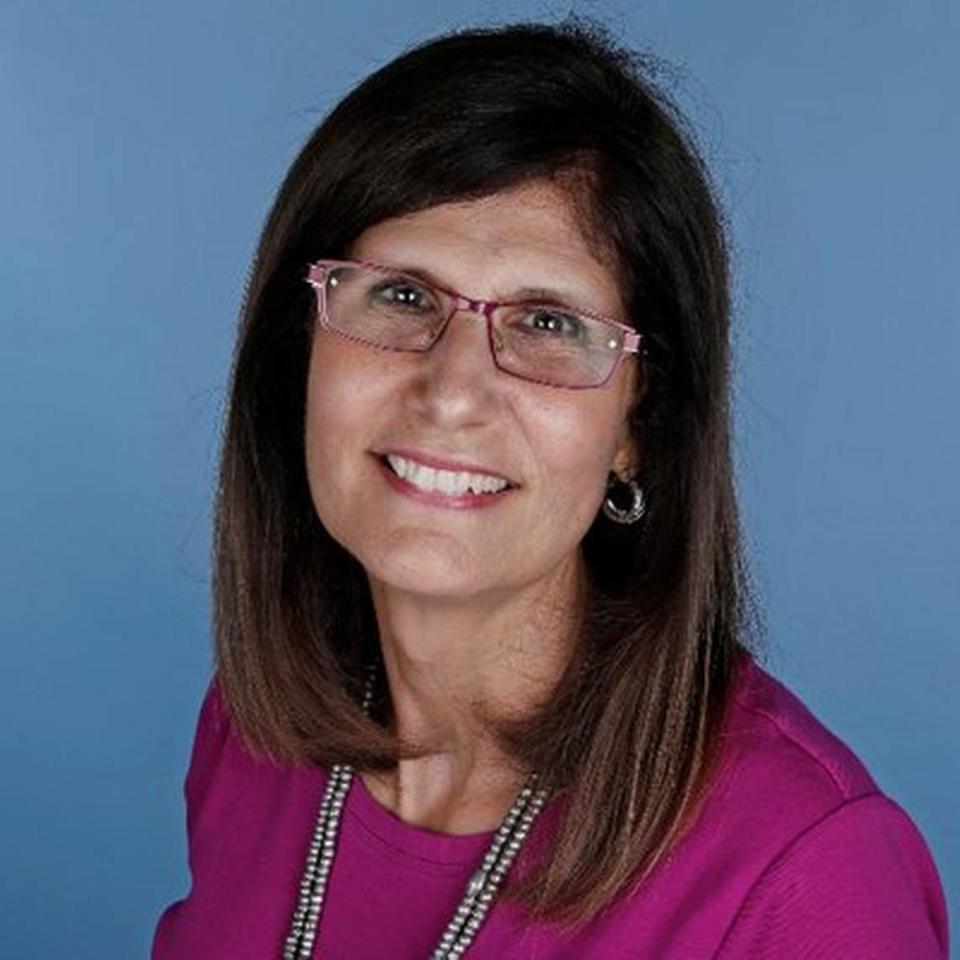Suddenly everyone I know, including me, has commitments
When four of my longtime friends tried to figure out a mutually acceptable date for a much-awaited Vegas trip, it took us several days and dozens of texts before we finally landed on a November weekend. I’m surprised. Just six months ago, the planning would’ve been a snap.
Suddenly everyone I know has commitments. Delayed weddings. Celebratory dinner parties. Deferred vacations. Suddenly, there are things to do, places to visit, cross-country trips to enjoy. Ready or not, suddenly has come suddenly.
Of course, that’s not entirely true. For me at least, the first month of vaccinated freedom resembled a tentative crawl. By Memorial Day, however, everything sped up. I now feel as if we’re racing to make up for lost time, hurtling headlong into a world unlike no other we’ve experienced.
I still wear masks in some settings. I still avoid large crowds. I still greet elbow to elbow. I still wash my hands religiously. In general, I’m more cautious about germs than I’ve ever been. Nevertheless, the urgency to do, to see, to experience is palpable. Planes are packed, hotels full, restaurants crowded.
Another thing: I suspect that the relieved faces I encounter in my peregrinations mirror my own.
But we aren’t free, not really and not by a long shot. I only need to contrast my situation with the steady, if slow, drip of U.S. COVID-19 cases and deaths. It’s even worse in other parts of the world. So, no, we’re not out of the woods yet and won’t be for a while.
Still, most people I know are in a celebratory mood, eager to socialize and primed to do all that we delayed in 2020. Some historians predict a second “Roaring ’20s.” For those who have forgotten that high school history lesson, the 1920s was the decade after the devastating influenza pandemic that killed 50 million people around the world, including about 675,000 people in the United States. (Please note that we recently reached the appalling milestone of 600,000 COVID-19 deaths in this country alone.)
Nicholas Christakis, a sociologist and physician at Yale University, has written a book about post-pandemic life titled “Apollo’s Arrow: The Profound and Enduring Impact of Coronavirus on the Way We Live.” He told NPR he expects people to look for more social interactions in very public places, such as nightclubs, bars, music festivals and sports games. He also foresees people splurging with all the money they saved during lockdown.
It won’t all be balloons and confetti, however. Because some refuse or hesitate to get vaccines, the pandemic will likely limp well into 2023 or 2024, he adds. What’s more, people have lost jobs and loved ones as a result of the pandemic, and no manner of partying can erase that. Nor should it.
We aren’t the people we were in March 2020, and in some ways I’m thankful for that. Privation can make us stronger, if we understand it. For example, I’ve discovered that grief and anxiety can sit side by side with that very human hunger for companionship. And heartache learns to live with joy, without either having to cede space to the other.
Last week, for the first time in 15 months, I wrangled The Hubby into a family meeting. I showed him my paper calendar, a personal planner courtesy of a favorite charity, the USO. One summer week is swallowed by a conference, another by a visit to grandchildren. Most of a fall month is devoted to a postponed book research trip and a long weekend to a family wedding in Richmond. The year ends with a family reunion.
The colorful annotations in the little boxes astound me every time I glance at the calendar. Four hundred and fifty-eight days ago, those rows were as blank as an unused napkin. And now ... now I’m working hard to manage a revived social life. To me, that’s a miracle.
Ana Veciana-Suarez writes about family and social issues. Email her at avecianasuarez@gmail.com or visit her website anavecianasuarez.com. Follow @AnaVeciana.


